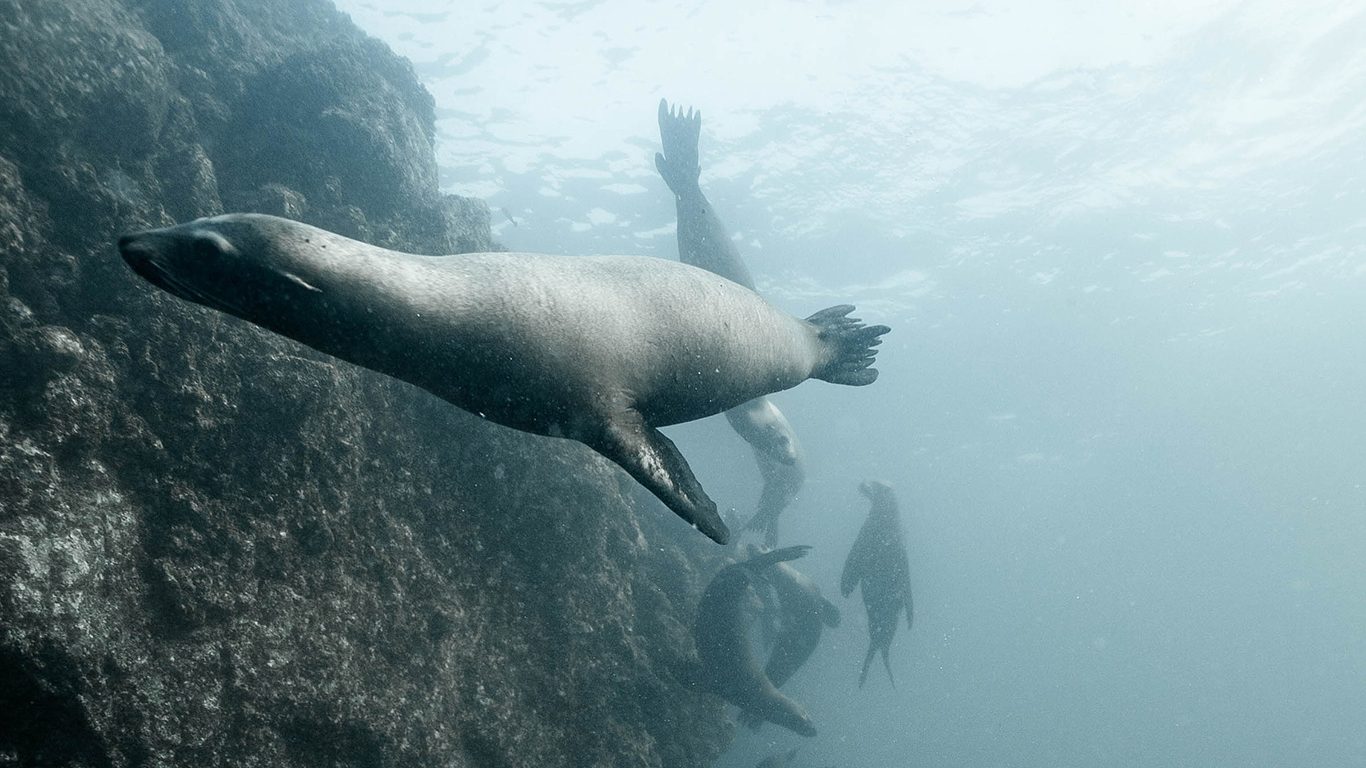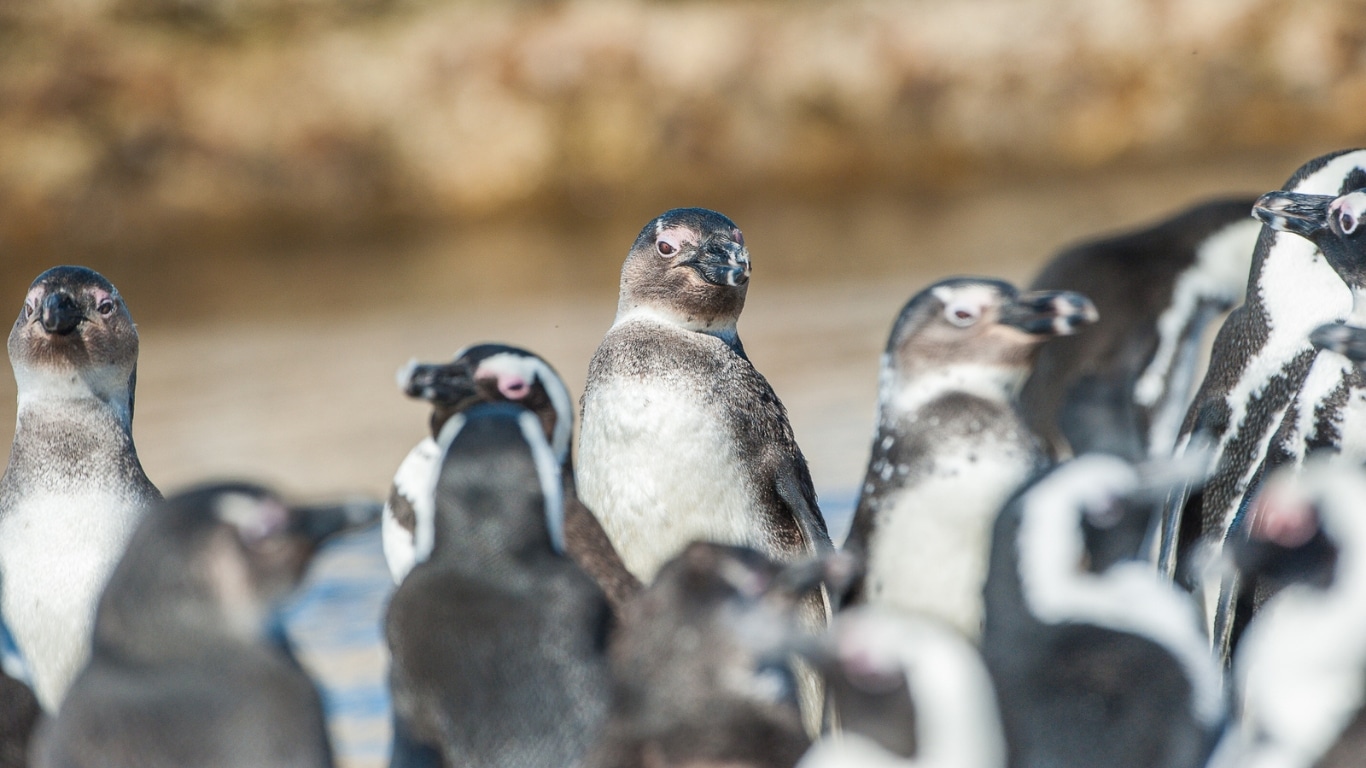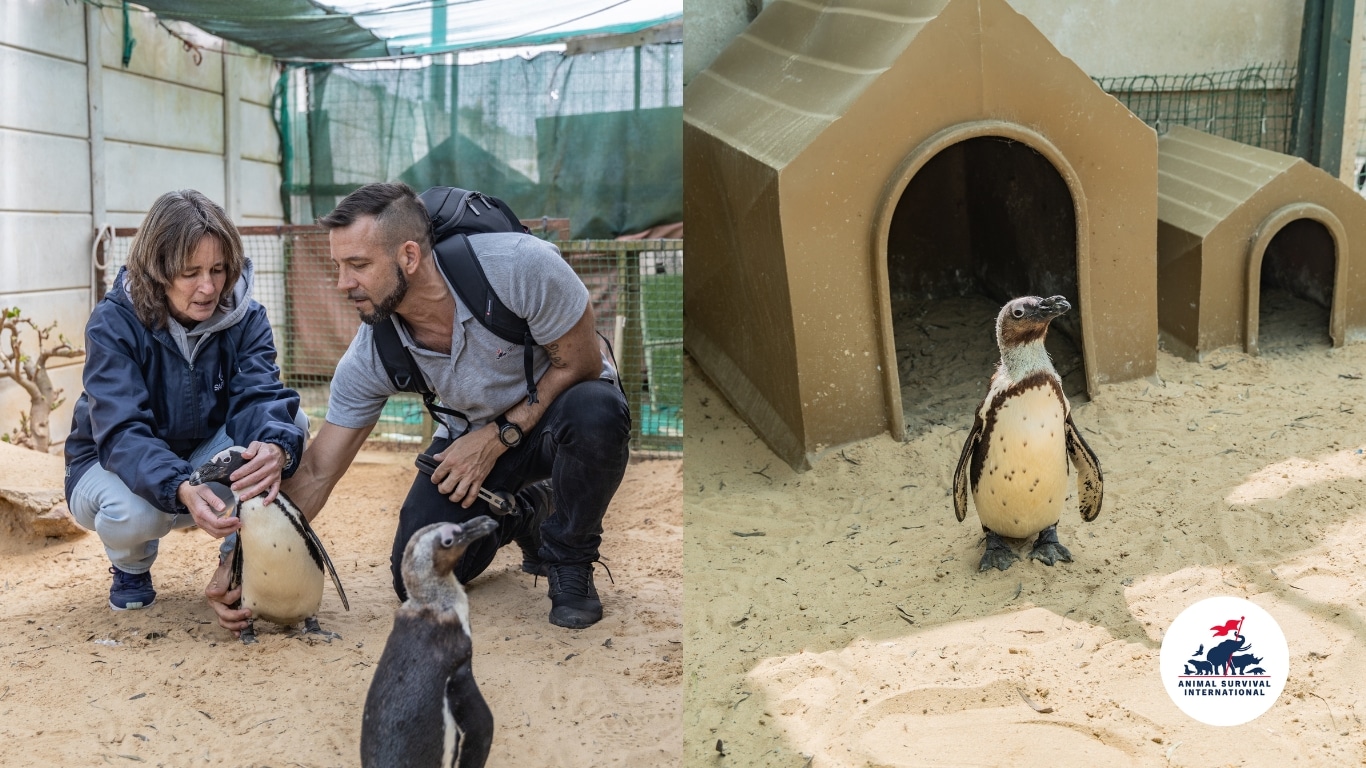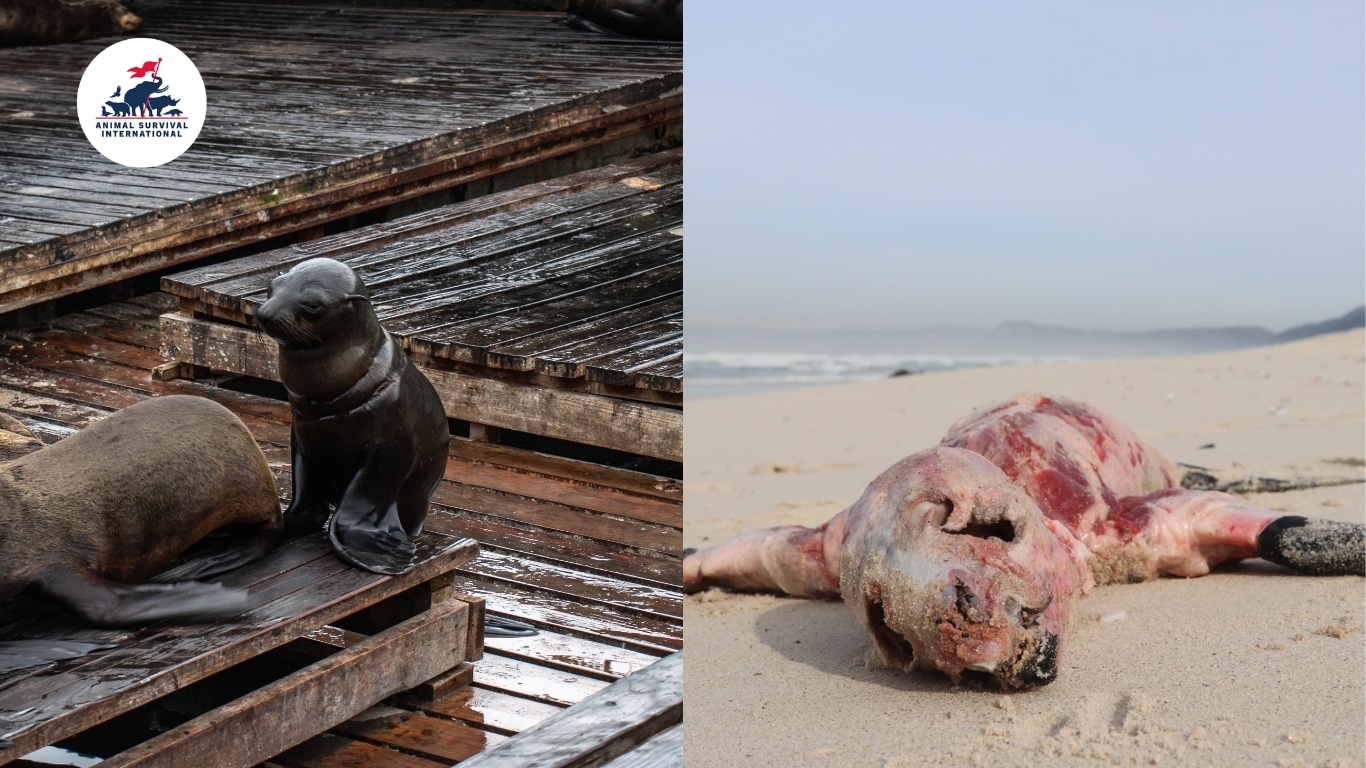Marine Degradation
The world’s oceans are the largest ecosystems on Earth, supporting life on the planet… including ours
Protecting marine life and ocean ecosystems is critical to ensuring a sustainable future for all life on Earth. As overfishing, pollution, climate change and human exploitation increasingly threaten this life-preserving resource, we find ourselves at a greater risk than ever of mass extinctions.
Preserving marine ecosystems is essential for the survival of millions of animals
The ocean is one of Earth’s most valuable resources, covering a massive 71% of the planet’s surface. This global force of nature is our very life-support system, providing essentials for the survival of all living species, from the food we eat to the oxygen we breathe.
Marine species populations are decreasing at a staggering rate. Species of whales, dolphins, manatees and dugongs, sea turtles and sharks, amongst hundreds of others, are now listed as endangered. The unprecedented extinction rate of marine animals not only threatens the healthy function of marine ecosystems, but also affects larger, complex ecological issues.
What we do to help protect marine life

At ASI, we support projects that aim to preserve and restore habitats, rescue and rehabilitate marine species, and create awareness of today’s most pressing marine issues.
South Africa 
African penguins are now critically endangered.
African penguins, found in South Africa and Namibia, are facing the real threat of extinction. Human activities, including rampant overfishing, irresponsible fishing techniques and oil pollution, have driven them to the brink.
The global population of African penguins has plummeted by a shocking 98% to just 19,800 seabirds, around half of which live in South Africa. The species is now listed as critically endangered, and could be extinct in just 10 years.
Their perilous position is compounded by extreme weather patterns, which are becoming increasingly severe due to the devastating effects of climate change.
Addo National Park’s Bird Island is a crucial breeding ground for these penguins. When exceptionally harsh weather conditions struck during the species’ breeding season, we took action. With our donors’ support, we were able to airlift hundreds of fragile penguin chicks to safety by helicopter, rehabilitating them and giving them a second chance at survival.

ASI has also supported penguin programs on Dyer Island in South Africa’s Gansbaai. The region is home to 1,000 breeding pairs – a population that is 96% less than in 1979. Here, we helped to support the critical conservation work of the African Penguin and Seabird Sanctuary (APSS) by funding emergency repairs on their desalination plant, critical for helping to rehabilitate sick and injured seabirds.
Marine pollution and overfishing are also serious threats to the African penguin. Oil spills impact their ability to hunt and regulate their body temperature, while dwindling fish populations are leading to penguins dying of starvation at sea. This is having a severe impact on breeding cycles – with parent penguins starving to death while they hunt for prey, fertilized eggs are abandoned in their nests.
ASI partnered with the Southern African Foundation for the Conservation of Coastal Birds (SANCCOB) to save countless eggs that were abandoned after the parent penguins died, helping to protect this critically endangered species.

Cape fur seals under increasing threat
In Cape Town, South Africa, Cape fur seals are under threat from the effects of climate change, commercial fishing and, more horrifically, people who use their body parts for ‘traditional medicine’. They are also killed by fishermen due to the misguided assumption that they are competing for fish.
Our partner, SeaSearch, is dedicated to protecting seals from both human violence and habitat destruction, and we have contributed to vital conservation initiatives, investigations into seal deaths, and the pursuit of justice for the criminals who needlessly slaughter these defenseless animals.

Whale entanglements
The commercial fishing industry has wreaked havoc on marine life across the world. In South Africa, ASI has supported the work of the National Sea Rescue Institute (NSRI) in freeing whales that become entangled in deadly fishing gear. Every year, thousands of dolphins and porpoises die after getting entangled – some drown immediately, while those who survive their initial entanglement endure many painful months, ultimately bleeding out from deep wounds or dying of starvation because their ability to dive and feed is impaired. ASI has provided NSRI with funds for specialized equipment to free whales along the Southern Africa coast, as well as to train whale disentanglement experts.

Globally 
Beyond our practical efforts in the water, we work to expose the issues at stake, raising awareness and calling into question activities that are impacting on the survival of ocean life. By adopting a solid stance on marine conservation, we seek to encourage countries, world leaders, businesses and communities to prioritise conserving ocean habitats.
Despite the immense challenges of global marine conservation, there are solutions to keeping our oceans healthy.
Nations must enforce stringent measures and legislation to halt the destruction of the most important resource on Earth. We need to work together to conserve, protect and restore our oceans by tackling issues like overfishing, climate change, carbon emissions, pollution, habitat destruction and other forms of human exploitation.
